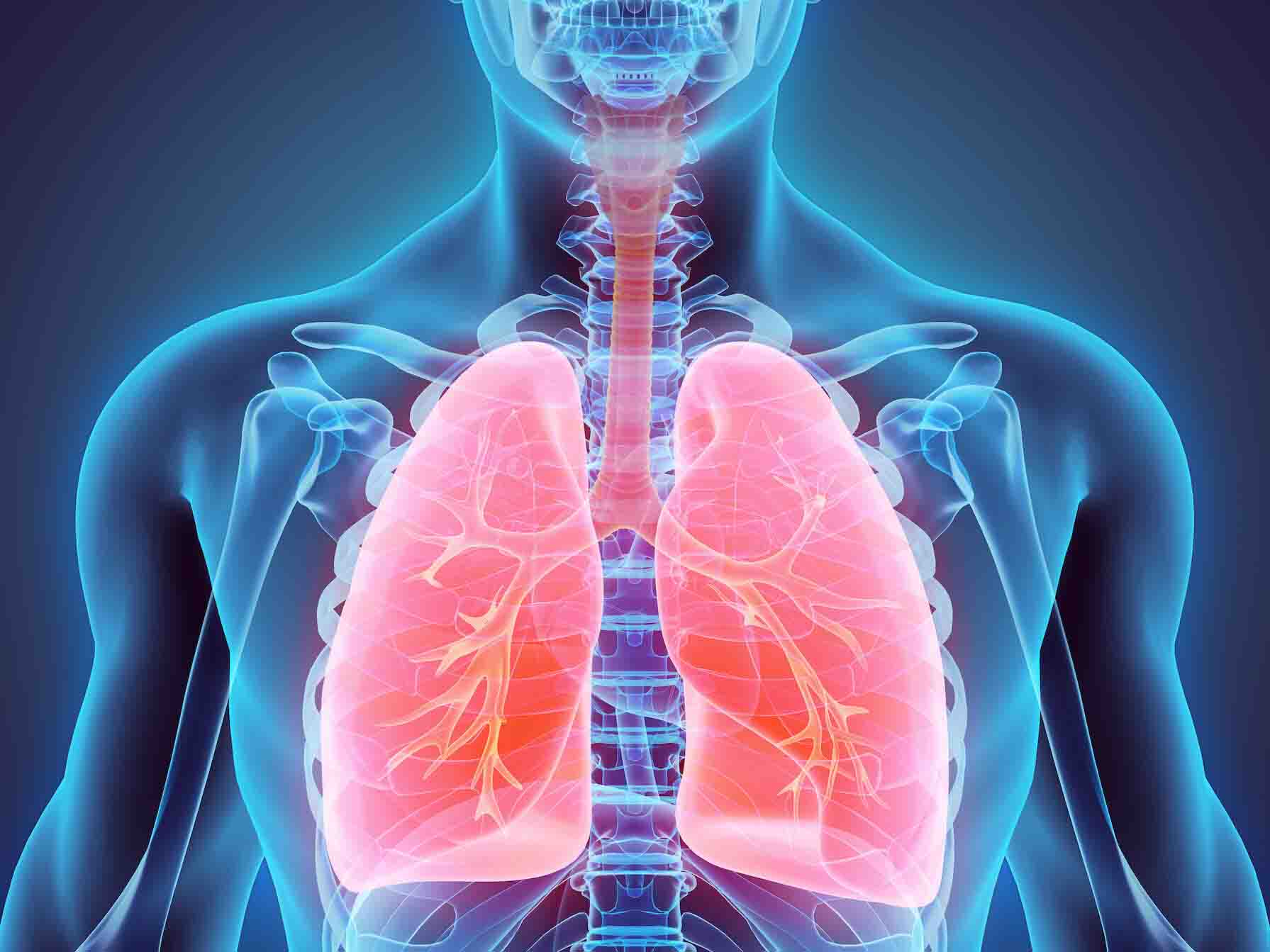Although most types of lung infection are treatable and most people recover, these infections can be very dangerous especially in the case for infants, older adults, and people with lung disease or a weak immune system.
Pneumonia – Pneumonia is a lung infection that causes inflammation in the lungs. With pneumonia, the alveoli of the lungs, which hold air, swell. This can make it difficult to breathe. Signs and symptoms of this include
Shortness of breath Difficulty breathing Confusion Weakness Fever Chest pain Low blood oxygen levelsTuberculosis - A contagious bacterium called Mycobacterium tuberculosis causes TB. In some people, TB bacteria live in the body without causing illness. However, in many cases, TB affects the lungs and may also affect other areas of the body. Symptoms include
A cough that lasts for longer than 3 weeks Coughing up blood Chest pain Weakness Fever or chillsInfluenza - Influenza is a respiratory tract infection that affects both the upper airway, including the throat and the nose, and the lungs. Severe cases of influenza can inflame and damage the air sacs of the lungs, causing pneumonia and making it difficult to breathe. Symptoms of flu include
Severe cold-like symptoms that appear suddenly High fever Intense fatigue Headache Muscle ache Vomiting DiarrhoeaBronchitis – It is an infection of the bronchial tubes, which help the lungs take in oxygen. Like pneumonia, the infection can be either viral or bacterial. Its symptoms are
Wheezing or coughing coughing for several weeks after a cold Chest pain Fever FatigueViral bronchitis usually goes away on its own. A person may need cough medications or, in more serious cases, steroids. Rarely, a person might need supportive care in the hospital.
Whooping cough (Pertussis) – It is a highly contagious bacterial infection that is common in infants and young children. Its signs and symptoms are
An intense cough that makes a “whooping” sound Long coughing fits Difficulty breathing Gasping for airAntibiotics can treat pertussis in many cases. However, the infection can spread quickly in infants and children, so it is important to seek prompt treatment.

 An infection in the lungs takes place when a dangerous microbe, such as a bacterium or a virus, gets into the lungs and causes damage. The severity of a lung infection can range from mild to life threatening
An infection in the lungs takes place when a dangerous microbe, such as a bacterium or a virus, gets into the lungs and causes damage. The severity of a lung infection can range from mild to life threatening










.jpeg)

.jpg)







.jpeg)



.jpg)


.jpg)




.jpg)


